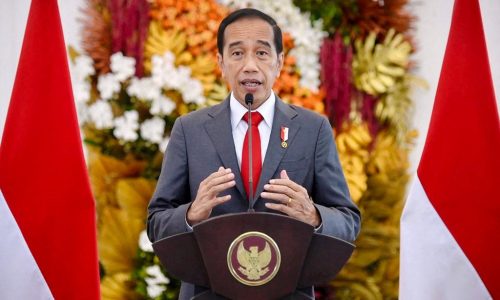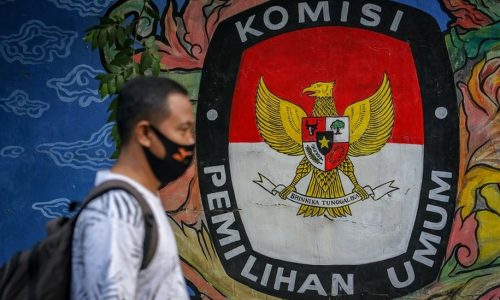The Ministry of Energy and Mineral Resources (ESDM) emphasizes the need for the swift implementation of cross-border carbon taxes following the European Union’s (EU) Carbon Border Adjustment Mechanism (CBAM) policy, set to take effect in 2026.
“We want to remind you that the cross-border carbon mechanism will be effective from 2026. So, this can be anticipated,” Minister of ESDM Arifin Tasrif stated.
The application of carbon taxes aims to align the pace of energy transition among countries. Through the cross-border carbon mechanism, carbon taxes will be imposed, including on products originating domestically.
“Don’t let our industrial products be burdened by carbon taxes, making us non-competitive and expensive. This will put pressure on domestic industries,” he said.
Another goal of implementing the Cross-Border Carbon Mechanism is to encourage and optimize domestic potential and capabilities.
Arifin mentioned that the planned carbon tax, set to be established in 2026, could have positive impacts on Indonesia.
“Our country (Indonesia) could be subject to carbon taxes, and we can also impose carbon taxes on other countries,” Arifin added.
Previously, the government planned to implement a carbon tax starting from April 1, 2022, following the Harmonization of Tax Regulation Law (UU HPP). However, the implementation has been continuously delayed.
Adi Budiarso, Head of the Financial Sector Policy Center at the Fiscal Policy Agency (BKF) of the Ministry of Finance, explained that regulations for carbon tax implementation are currently being formulated by the government. According to the Harmonization of Tax Regulation Law (UU HPP), three regulations will be created to govern carbon tax implementation.
“In the UU HPP, the planned implementation of carbon tax is in 2024. We are looking at the readiness of industries committed to the Nationally Determined Contribution (NDC), the carbon cap and trade mechanism, and the economic side,” Adi stated.
On the other hand, Adi mentioned that carbon taxes aim to encourage behavioral changes in society to transition to clean energy. In doing so, Indonesia is expected to achieve NDC commitments and reach the Net Zero Emission (NZE) target by 2060.
Meanwhile, Doddy Rahadi, Head of the Standardization and Industry Policy Agency at the Ministry of Industry, stated that the government plans to increase the carbon tax from the previous IDR 30,000 to IDR 70,000 per kilogram. However, this plan is still under discussion.
“But for companies that can reduce carbon emissions, no tax will be imposed. The tax is for companies that exceed the carbon emission limit,” he said.









